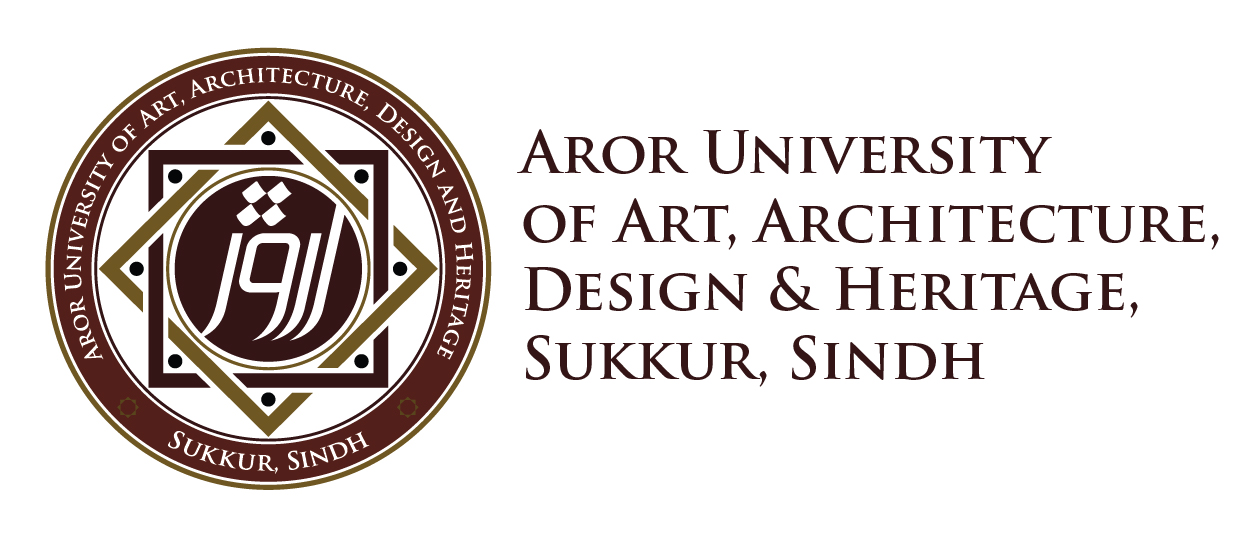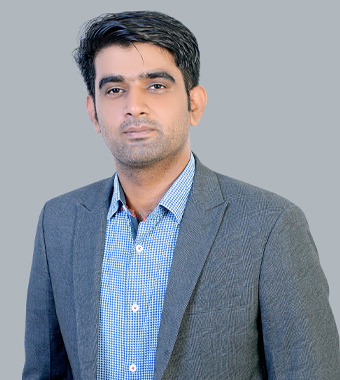Program Introduction
The Civil Engineering program at the Faculty of Architecture and Town Planning is all about creating a sustainable future. As a civil engineer, you will play a critical role in designing and maintaining the infrastructure that supports our cities and towns, from buildings and bridges to roads and water systems.At Aror University Sukkur, we are dedicated to providing our students with a world-class education that prepares them for the challenges of the 21st century. Our Civil Engineering program is designed to provide students with a strong foundation in fundamental principles, as well as the skills and knowledge they need to tackle complex real-world problems.
Our experienced faculty members are leaders in their fields, with expertise in areas like structural engineering, geotechnical engineering, transportation engineering, irrigation engineering, environmental engineering, and construction management. They work closely with students to develop the critical thinking and problem-solving skills that are essential for success in the field of civil engineering.
Program Educational Objectives (PEOs)
| PEO 01 | To produce Civil engineering graduates that may work as practicing engineers and with prominent Stakeholders and organizations in diverse areas of civil engineering. |
|---|---|
| PEO 02 | Pursue research to address civil engineering-related problems of the country and contribute towards a knowledge-based economy. |
| PEO 03 | To produce graduates with attributes to acquire leadership positions while maintaining high moral and ethical values. Keeping best professional practices and community services in focus. |
| PEO 04 | Motivated for lifelong learning for professional development and contributing to national and international forums. |
List of faculty
Program Learning Outcomes (PLOs)
| PLO 01 | Engineering Knowledge: An ability to apply knowledge of mathematics, science, engineering fundamentals and an engineering specialization to the solution of complex engineering problems. |
|---|---|
| PLO 02 | Problem Analysis: An ability to identify, formulate, research literature, and analyze complex engineering problems reaching substantiated conclusions using first principles of mathematics, natural sciences and engineering sciences. |
| PLO 03 | Design/Development of Solutions: An ability to design solutions for complex engineering problems and design systems, components or processes that meet specified needs with appropriate consideration for public health and safety, cultural, societal, and environmental considerations. |
| PLO 04 | Investigation: An ability to investigate complex engineering problems in a methodical way including literature survey, design and conduct of experiments, analysis and interpretation of experimental data, and synthesis of information to derive valid conclusions. |
| PLO 05 | Modern Tool Usage: An ability to create, select and apply appropriate techniques, resources, and modern engineering and IT tools, including prediction and modeling, to complex engineering activities, with an understanding of the limitations. |
| PLO 06 | The Engineer and Society: An ability to apply reasoning informed by contextual knowledge to assess societal, health, safety, legal and cultural issues and the consequent responsibilities relevant to professional engineering practice and solution to complex engineering problems. |
| PLO 07 | Environment and Sustainability: An ability to understand the impact of professional engineering solutions in societal and environmental contexts and demonstrate knowledge of and need for sustainable development. |
| PLO 08 | Ethics: Apply ethical principles and commit to professional ethics and responsibilities and norms of engineering practice. |
| PLO 09 | Individual and Team Work: An ability to work effectively, as an individual or in a team, on multifaceted and /or multidisciplinary settings. |
| PLO 10 | Communication: An ability to communicate effectively, orally as well as in writing, on complex engineering activities with the engineering community and with society at large, such as being able to comprehend and write effective reports and design documentation, make effective presentations, and give and receive clear instructions. |
| PLO 11 | Project Management: An ability to demonstrate management skills and apply engineering principles to one’s own work, as a member and/or leader in a team, to manage projects in a multidisciplinary environment. |
| PLO 12 | Lifelong Learning: An ability to recognize importance of and pursue lifelong learning in the broader context of innovation and technological developments. |





